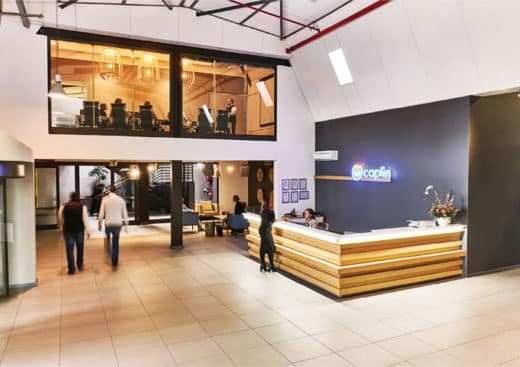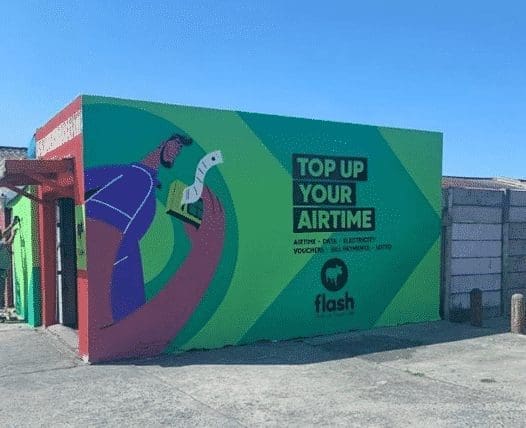JSE-listed low-cost retailer Pepkor announced today that its FinTech business Flash now supports 202 000 traders in the informal market and is immersed in the South African informal market.
“The average turnover generated per trader improved by 12% during the year,” said Pepkor.
“Flash’s understanding of consumer needs, the technology used and their extensive
interconnected network of partners work to better connect the informal and formal market sectors.”
Pepkor owns PEP, Bradlows, Ackermans, Capfin, Incredible Connection, Hi-Fi Corp, Rochester, Timbercity and Shoe City.
Shop owners can use the Flash devices to increase their business by offering multiple services to attract more customers.
During the year to end-September, total throughput through the 202,000 Flash traders per month is more than R2 billion and achieved significant growth in cellular activations and 1Voucher transactions, which connect consumers to more than 100 virtual content partners.
“Flash increased profitability by 19.3%,” said Pepkor.
However, revenue declined in the Flash business as a result of a deliberate change
in product mix to include more products where income is recognised as ‘net commission’ versus the ‘full transaction value’ as determined by International Financial Reporting Standards.
Flash is now regarded as the largest informal retail network in Africa, supported by its dedicated field staff across the country.
Capfin business performed well


Pepkor also announced that The Capfin business performed well with healthy growth in new loan activations.
The number of Capfin loans increased by 13% to 270 000 at 30 September 2022 compared to a year ago and the targeted new loan mix of 75% six-month loans was achieved.
Pepkor said Capfin’s credit book is in a healthy state and increased to R2.2 billion from R1.9 billion a year ago (gross).
“The provision level reduced to 17% from 19% last year based on satisfactory levels of collections and non-performing loans maintained at healthy levels.”
Also read: GUGU LOURIE: Pepkor’s Flash digitising cash in SA’s informal economy
